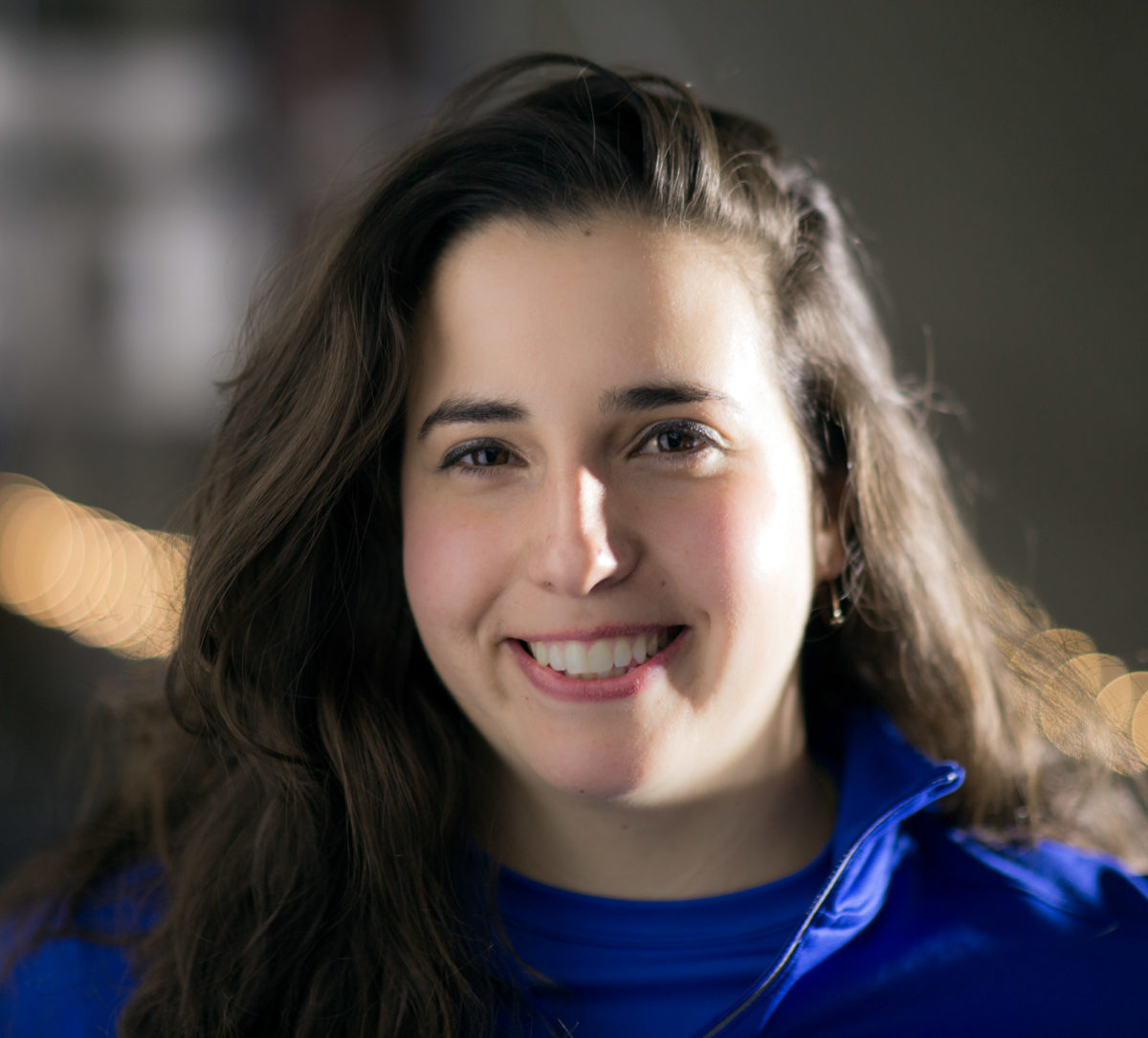Tozuda has continued to make moves as it develops its head impact sensor.
The sensor, which is built to be directly attached to athletic helmets, does not detect concussions, but reacts to significant impacts and indicates when an athlete should be evaluated for a concussion. When it turns red, it signals that the wearer should get tested for a potential TBI, or traumatic brain injury.
The hardware company — now based out of the Pennovation Center in Grays Ferry after launching at NextFab — received a national manufacturing grant called the Protolabs Cool Idea Award last month, winning in-kind manufacturing services worth up to $250,000. Minnesota-based Protolabs supported Tozuda’s sensor redesign and manufacturing.
“We look to grant the award to inventors and entrepreneurs who not only want to build a profitable business model, but also affect the lives of others in a meaningful way,” said Protolabs Chief Marketing Officer Brian Peters in a statement.

Tozuda founder and CEO Jessica Garcia calls the new sensor design “version two.” It works the same way as the original model, which the former rugby player began developing in 2016, but now there’s a new outer shell. With the support of Protolabs, the team was able to create a better-looking product that is more visible for athletes.
It also launched an online store last month, selling individual devices for $45.
“Protolabs was so easy to work with,” Garcia said. “Most important was their ability to work with liquid silicone to make Tozuda in the exact color and material we wanted.”
Protolabs used its on-demand molding services to make the sensor’s components and identify the most efficient manufacturing process. The assembly time dropped from over five minutes to one minute, Garcia said, and Tozuda was able to add 1,800 more units to its inventory.
Some of Tozuda’s new users include sled hockey and bobsled teams. One of its partners is the Royal Air Force bobsleigh team based in the United Kingdom. Garcia says coaches have reached out to the company directly about purchasing the sensor for their teams, and that it’s also common for parents to buy it for their children.
Garcia thinks people are more aware about the impacts of concussions now than ever before, but there is still more to learn about the brain and TBIs. The company will be working with partners to conduct more research on the correlation between impact levels and injuries — though the founder couldn’t disclose who those partners are — for the sake of raising awareness.
“I think in order for us to scale and get this into more people’s hands we have to really focus on partnerships,” Garcia said. “The more we learn the more we can put information out there.”
Garcia said she would like to see technology such as Tozuda become a required piece of equipment, and believes it’s only a matter of time before such tech is fully integrated into sports.
Next up, the founder is scheduled to attend SXSW with Philly Startup Leaders and other founders from underrepresented backgrounds. Garcia previously participated in Village Capital’s Pathways program, which gives companies with diverse founders access to mentorship, no-interest loans and grant funding, as well as NextFab’s RAPID Accelerator Program.







